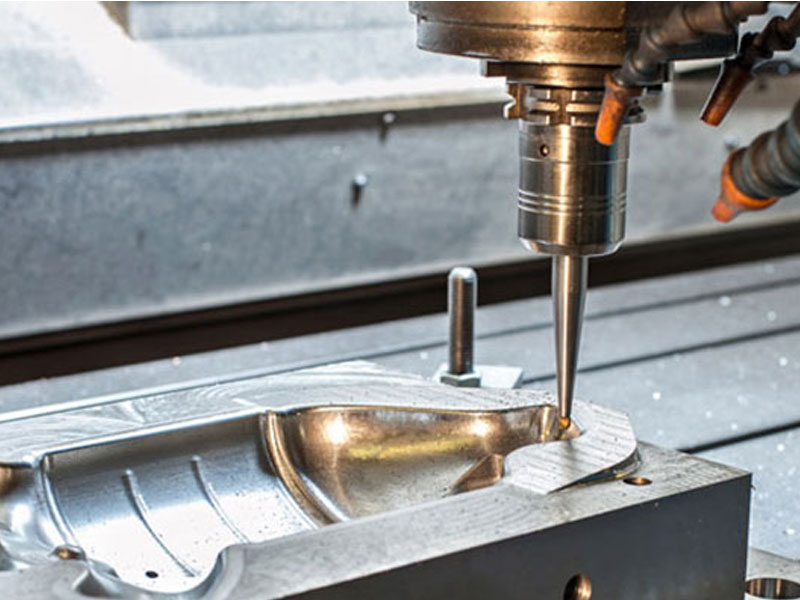Diecasting: Precision, Efficiency, and Innovation in Manufacturing
Diecasting is a production procedure that entails requiring molten metal right
into a mold and mildew cavity under high stress. This method is very valued in
numerous markets for generating complicated forms with outstanding precision and
repeatability. The process, which dates back to the mid-19th century, has
developed significantly with technical innovations, making it a foundation of
modern-day manufacturing. Diecasting is commonly used in generating automobile
elements, electronic devices, household appliances, and numerous various other
items that require high accuracy and durability.
The diecasting process starts with the design and
production of a die, which is typically made from solidified steel to withstand
the high stress and temperature levels involved. The die is precision-engineered
to produce the preferred component, considering factors such as shrinking and
air conditioning rates. When the die is ready, molten metal- frequently
aluminum, zinc, magnesium, or copper- is infused right into the mold and mildew
dental caries at high pressure. This stress makes certain that the steel fills
up all elaborate details of the mold and mildew, causing a part that matches the
die's exact specs. The quick air conditioning and solidification of the metal
within the mold further enhance the accuracy and surface finish of the final
product.
Among the primary benefits of diecasting is its ability to
produce get rid of superb dimensional precision and smooth surface area
coatings. This high level of accuracy often removes the need for added machining
or finishing, conserving both money and time in the production process. In
addition, diecast parts are understood for their strength and durability, making
them ideal for applications that demand high performance and integrity. The
process's capacity to develop detailed shapes in a solitary step additionally
establishes it apart from other making methods that might need numerous stages
to achieve comparable results.
Efficiency is one more key advantage of
diecasting. The process is highly automated, permitting the quick production of
big quantities of get rid of constant high quality. This high throughput is
especially useful for sectors such as vehicle manufacturing, where huge amounts
of the same components are required. Diecasting likewise lessens material waste,
as excess metal can be accumulated, remelted, and reused. This not just makes
diecasting a cost-efficient option however additionally an eco-friendly one,
contributing to lasting manufacturing techniques. To get extra details please
visit Senadiecasting
Regardless of its numerous advantages, diecasting
is not without its difficulties. The preliminary expense of developing the molds
can be high, which may be a barrier for small manufacturing runs. In addition,
the process needs exact control of temperature level and stress to guarantee
regular top quality, which can be technically requiring. Developments in
technology, however, have actually attended to most of these difficulties.
Modern diecasting machines are outfitted with advanced controls and keeping an
eye on systems that improve accuracy and dependability, making the process much
more easily accessible and reliable than in the past.
Looking ahead, the
future of diecasting is intense, with continuous technologies poised to
additional boost the process and increase its applications. Developments in
materials science are resulting in the production of brand-new alloys that
provide premium mechanical residential properties and deterioration resistance.
These innovative products can boost the performance and longevity of diecast
components in demanding applications. Furthermore, the assimilation of digital
modern technologies, such as computer-aided design (CAD) and simulation
software, is enhancing the die design and optimization process, decreasing lead
times and manufacturing expenses. As markets continue to seek high-grade,
cost-effective manufacturing services, diecasting is set to play a significantly
vital function in fulfilling these needs.
Comments
Post a Comment